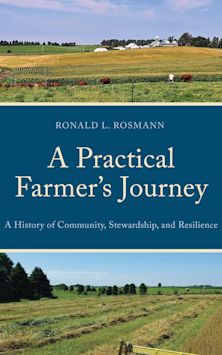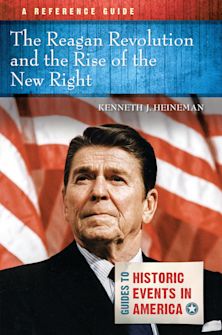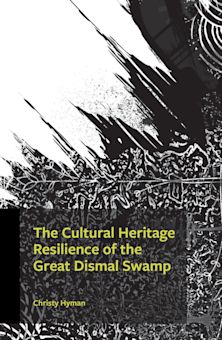- Home
- ACADEMIC
- History
- United States History
- Race and the Early Republic
Race and the Early Republic
Racial Consciousness and Nation-Building in the Early Republic
Michael A. Morrison (Anthology Editor) , James Brewer Stewart (Anthology Editor) , David Brion Davis (Contributor) , Lacy K. Ford (Contributor) , Jon Gjerde (Contributor) , Lois E. Horton (Contributor) , Joanne Pope Melish (Contributor) , Daniel K. Richter (Contributor) , David R. Roediger (Contributor) , James P. Ronda (Contributor)
- Textbook
Race and the Early Republic
Racial Consciousness and Nation-Building in the Early Republic
Michael A. Morrison (Anthology Editor) , James Brewer Stewart (Anthology Editor) , David Brion Davis (Contributor) , Lacy K. Ford (Contributor) , Jon Gjerde (Contributor) , Lois E. Horton (Contributor) , Joanne Pope Melish (Contributor) , Daniel K. Richter (Contributor) , David R. Roediger (Contributor) , James P. Ronda (Contributor)
- Textbook
For information on how we process your data, read our Privacy Policy
Thank you. We will email you when this book is available to order
Buy from Bloomsbury eTextBooks
You are now leaving the Bloomsbury Publishing website. Your eBook purchase will be with our partner https://www.vitalsource.com.
Your credit card statement will show this purchase originating from VitalSource Technologies. They will also provide any technical assistance you might require.
You must sign in to add this item to your wishlist. Please sign in or create an account
Description
By 1840, American politics was a paradox-unprecedented freedom and equality for men of European descent, and the simultaneous isolation and degradation of people of African and Native American descent. Historians have characterized this phenomenon as the 'white republic.' Race and the Early Republic offers a rich account of how this paradox evolved, beginning with the fledgling nation of the 1770s and running through the antebellum years. The essays in the volume, written by a wide array of scholars, are arranged so as to allow a clear understanding of how and why white political supremacy came to be in the early United States. Race and the Early Republic is a collection of diverse, insightful and interrelated essays that promote an easy understanding of why and how people of color were systematically excluded from the early U.S. republic.
Table of Contents
Chapter 2 The Pursuit of Whiteness: Property, Terror, and Expansion, 1790-1860
Chapter 3 "Believing That Many of the Red People Suffer Much for the Want of Food": Hunting, Agriculture, and a Quaker Construction of Indianness in the Early Republic
Chapter 4 From Class to Race in Early America: Northern Post-Emancipation Racial Reconstruction
Chapter 5 The "Condition" Debate and Racial Discourse in the Antebellum North
Chapter 6 "Here in America There Is Neither King Nor Tyrant": European Encounters with Race, "Freedom," and Their European Pasts
Chapter 7 Modernizing "Difference": The Political Meanings of Color in the Free States, 1776-1840
Chapter 8 Making the "White Man's Country" White: Race, Slavery, and State-Building in the Jacksonian South
Chapter 9 "We Have a Country": Race, Geography, and the Invention of Indian Territory
Chapter 10 The Culmination of Racial Polarities and Prejudice
Product details
| Published | 01 Dec 2001 |
|---|---|
| Format | Ebook (PDF) |
| Edition | 1st |
| Extent | 216 |
| ISBN | 9798216325680 |
| Imprint | Rowman & Littlefield Publishers |
| Publisher | Bloomsbury Publishing |
About the contributors
Reviews
-
An important contribution to the ongoing debates...
Journal of the Early Republic
-
This is a book that should fill multiple niches. It could be used profitably in the classroom in courses on race, politics, the early republic, or the coming of the Civil War. It could also serve as an excellent bridge for political historians interested in learning more about contemporary race theory or for scholars in other disciplines looking for historical context for their studies. In any case, it is an accessible and rewarding read.
New York History



































